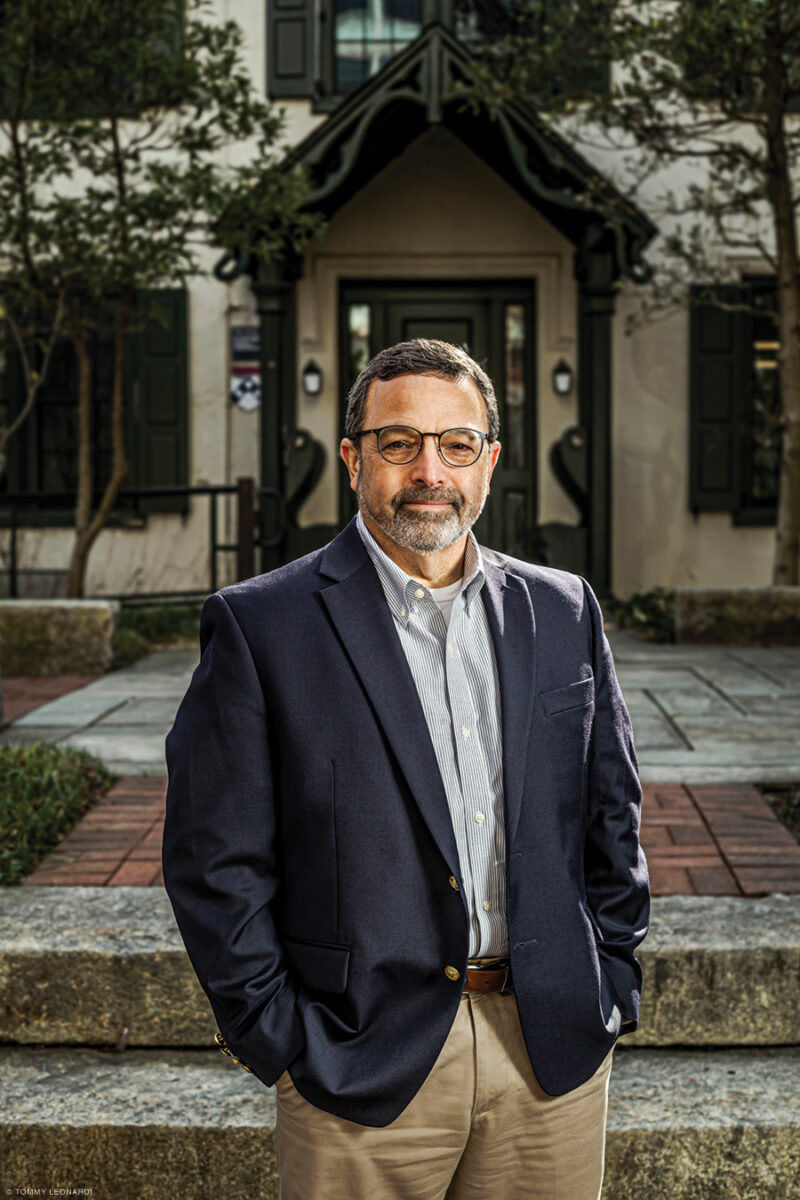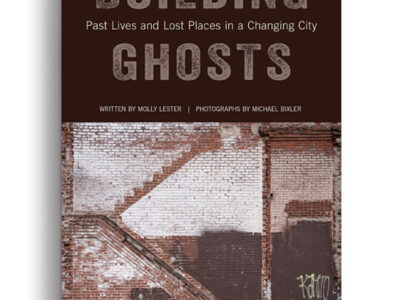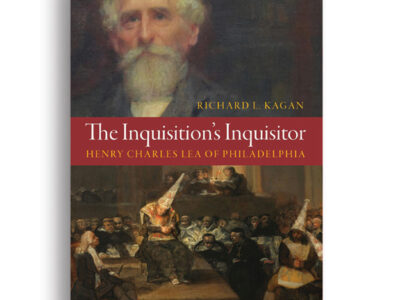
David Grossman steps down and looks back after helming Penn’s Civic House for the last quarter-century.
Civic House marked the end of an era in December when David Grossman Gr’04 stepped down as its founding director.
Grossman’s 25-year tenure started auspiciously when then-president Judith Rodin CW’66 Hon’04 and former US President Jimmy Carter signed the charter to dedicate the launch of Civic House at the University’s Commencement in 1998. Under his leadership, Civic House has become Penn’s hub for civic engagement, with a focus on social justice education and collaborations between the University and community non-profit organizations in Philadelphia [“Getting Engaged,” Jul|Aug 2011].
“I have felt very fortunate to be at an institution that supports this work and takes it seriously—and in ways that it’s not just the flavor of the month,” Grossman said. “I feel Penn has a deep commitment to supporting initiatives and students who want to be involved in this work and has senior administrators who really support it. It’s in the ether at the University. I don’t know if that’s true everywhere.”
Civic House supports more than 40 student-led service and advocacy groups. It offers six core programs open to all Penn undergraduates: Civic Scholars Program, Community Engagement Internship, Community Engagement Program, Penn Alternative Breaks, PennCORP, and West Philadelphia Tutoring Project. Civic House also contributes to campus and community programming throughout the year.
Grossman said the time was right for him to move on to a new challenge, and he’s taking time to decide what he wants to do next. “I thought about what I might want to achieve with my remaining time and haven’t really taken the opportunity to step back and examine that. I still have a lot of energy and interest in doing more.” He also felt that Civic House is in “a good place” with a strong staff including new faculty director Rand Quinn, an associate professor in the Graduate School of Education (GSE) who’s been “a wonderfully supportive presence,” added Grossman, who will continue to teach courses in GSE.
In 1989, Grossman joined Penn as a career counselor in Career Services after working as a high school history teacher and youth program director for what was then called the National Conference of Christians and Jews in Philadelphia. By 1994, he was the director of Penn’s Program for Student Community Involvement (PSCI), Civic House’s predecessor.
In the mid-1990s Rodin proposed the idea of hubs where students could connect around an interest or set of interests in both curricular and non-curricular ways. Kelly Writers House became the first hub, launched in 1995 for writing programs and projects. Civic House followed in 1998 and took up residence in one of the oldest buildings on campus, a 19th-century former church rectory at 3914 Locust Walk. The building became Civic House’s administrative headquarters and a gathering place for students involved in civic engagement, including those who were part of PSCI.
Under Grossman’s leadership, Civic House programs have compelled everyone involved to reflect more deeply about civic engagement activities. “We’re expecting more of ourselves and our students,” he said. “We’ve moved to prioritize programs that more consciously integrate education and community engagement efforts, and that center our community partners.”
“It’s not to say that doing a one-time service event is a bad thing at all,” he added. “Rather, we feel like we can add the most value to students’ experience and to how our community partners might benefit by helping our students think about the nature of their commitment and what it is they hope to learn, how they can best contribute, and to intentionally engage community partners in that effort as well.”
The creation of the Civic Scholars Program in 2007 by Grossman and Walter Licht—the Walter H. Annenberg Professor of History Emeritus who served as faculty director for Civic House and the Civic Scholars Program from 2002 to 2021—embodied Grossman’s vision of a more integrated experience for students. The program provides a small group of undergraduates with civic engagement opportunities, enrollment in a select group of courses, and faculty mentorship that is integrated with their education at Penn.
In Grossman, “students felt they had an ally and someone who could push for them,” said Licht. But Grossman also understood when to step back. Grossman empowered students by ensuring they were involved in the decision-making and steering at Civic House. “David was dedicated to students’ sense of ownership in Civic House and was very clear that the students were stakeholders in this operation,” Licht said.
Civic House and Civic Scholars students have gone on to work in the public interest realm as well as in investment banking, real estate, and tech companies. Grossman said he hopes students will take what they learned into whatever careers they pursue. “Civic Scholars will come to me almost apologetically and say, ‘I’m going to go work in consulting.’ And I say, ‘That’s of course fine.’ It is not my place to disapprove of what they do—indeed, it’s to encourage them to follow their passions—but I ask them to think holistically about the lessons they’ve learned and how to engage the world through the broader perspectives they’ve gained from their experiences.”
As Grossman moves into the next phase of his own career, Civic House students will continue to benefit from his 25 years of leadership and passion for making a difference. Sharing that passion with those around him helped put any problems that arose into perspective. “On days I felt frustrated, I’d think about how I get to work with students and colleagues who care about building a better world,” Grossman said. “For all the frustrations that might occur, how bad is that? It’s pretty great.”
—Samantha Drake CGS’06




